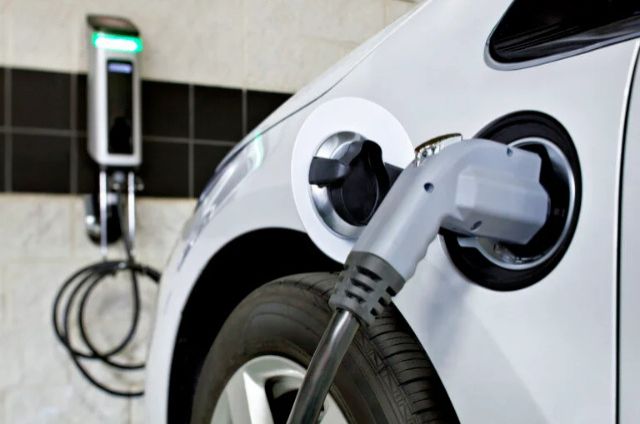The cost of charging an electric vehicle varies widely depending on location, utility providers, and time-of-use (TOU) rates. A recent discussion among EV owners revealed just how much drivers are paying for electricity when solar power isn’t an option.
Charging Costs Depend on Location
EV owners in different regions report dramatically different rates. Some enjoy extremely low prices—like $0.07/kWh in Quebec or even below $0.02/kWh during off-peak hours in Finland. Others, particularly in states like California and Massachusetts, face rates of $0.30/kWh or more, making home charging far less cost-effective.
Key price factors include:
- Utility provider pricing models – Some companies offer lower rates for overnight charging.
- Time-of-use rates – Charging during off-peak hours can significantly reduce costs.
- State policies – Taxes, distribution fees, and energy sources all impact the final price.
Off-Peak Charging Can Make a Huge Difference
Many utilities incentivize nighttime charging by offering reduced rates. For example:
- Minnesota EV owners can pay as little as $0.038/kWh with TOU plans.
- Georgia Power customers enjoy $0.02/kWh rates during super off-peak hours (11 PM – 7 AM).
- Texas EV drivers on select plans even get free charging overnight.
Taking advantage of these lower rates helps offset the rising cost of electricity, ensuring that EVs remain cheaper to operate than gas-powered cars.
Public Charging vs. Home Charging
While home charging is typically cheaper, public chargers can be costly. Some Tesla Superchargers, for example, now charge up to $0.45/kWh, making them less economical for frequent use. However, workplace charging incentives and partnerships with energy providers may help balance the costs.
Is Solar the Ultimate Solution?
For many EV owners, the best way to control charging costs is to install solar panels. While the upfront cost is significant, those with home solar often report charging their vehicles for free or at minimal cost.
With electricity prices fluctuating, understanding regional rates and making use of TOU plans can be key to keeping EV ownership affordable.



